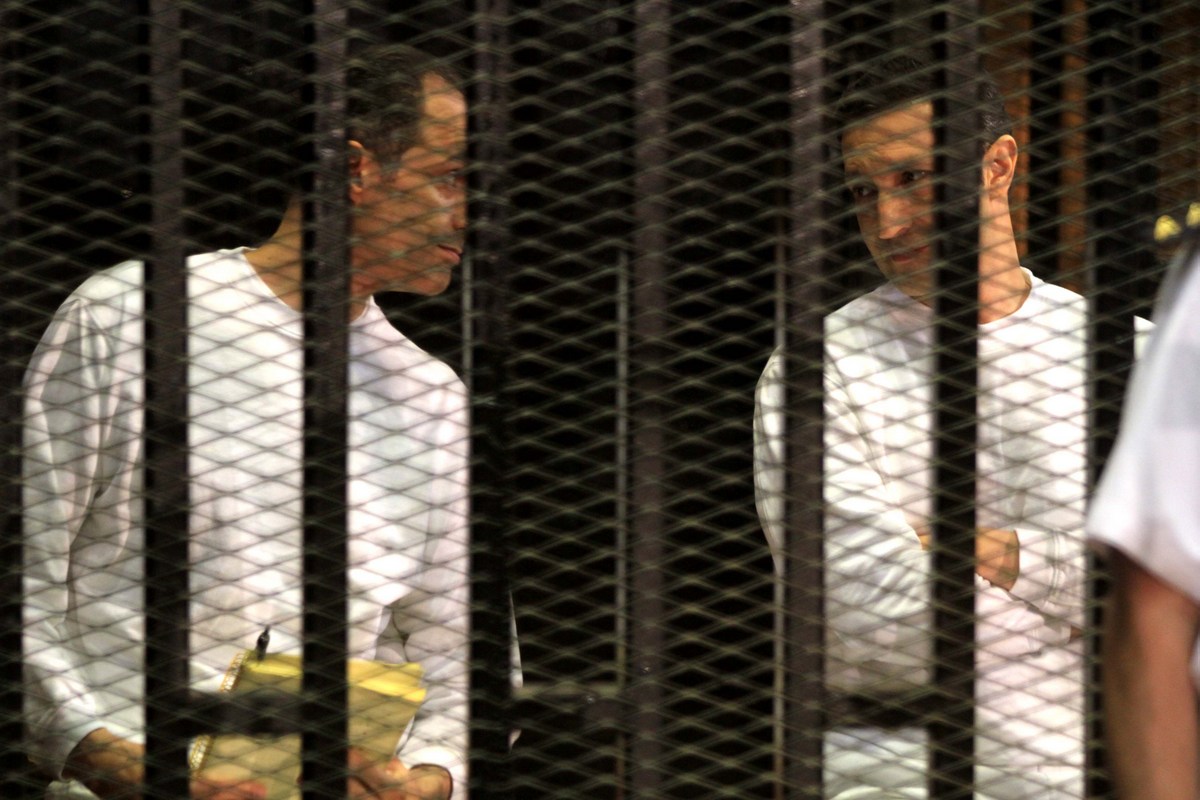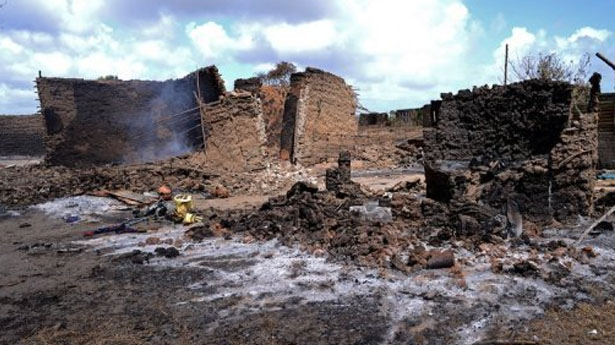CAIRO: International and local groups and activists organized a day of action on Friday demanding the release of imprisoned Egyptian blogger Maikel Nabil, now in a coma as his hunger strike enters day 11.
Nabil is currently serving a three-year sentence after a military court found him guilty of insulting the army and spreading false news.
The War Resisters’ International called for an international day of action on Sept. 2. Simultaneous protests were planned for different venues in Cairo, Ismailia, Alexandria and Assiut and outside the Egyptian embassies in Spain, Greece, Britain and Germany.
On Aug. 22, Nabil, also a veterinarian, began a hunger strike at El-Marg Prison. One week later he stopped drinking water, refusing to take medicine prescribed for his heart condition, demanding to be treated like other activists released after facing similar accusations.
"On Aug. 31, Maikel went into a coma and was transferred to the prison hospital. Since then we’ve known nothing about him," Nabil’s brother, Mark, told Daily News Egypt.
"The prison administration didn’t … inform us of his medical condition, only telling us he refused to receive visitors on Tuesday when inmates were allowed to receive their family members during Eid," he added. "We even doubt that Maikel rejected our visit."
Nabil added that the family will file a complaint before the Prosecutor General on Saturday to demand his brother’s release.
"Not only did the prison refuse to offer us information about his case, they also declined to respond to our request to officially report and document [the hunger strike]," lawyer Maged Hanna, representing Nabil, told DNE.
The military court has set a Dec. 10 session to look into Nabil’s re-trial request. "But I will file a petition tomorrow [Saturday] to ask for holding it earlier in view of the current situation," Hanna added. "We are not sure he will hang in there until that date."
A military court had sentenced Nabil to three years in prison on April 10 despite announcing earlier that the trial was adjourned to April 12 to examine the defense documents.
At that time, his lawyers said the verdict was issued behind doors in the absence of the defendant, violating standard legal procedures.
Nabil was found guilty of spreading false news that disrupted public security, which included reports of army violence against civilians and the use of the Egyptian Museum as a torture chamber. Many such cases have since been documented by international and local rights groups.
Activists and political forces have condemned referring civilians to military courts, especially as members of the ousted regime are tried in civilian courts.
"The case of Nabil is only the tip of the iceberg … Besides Nabil, thousands of other activists have been arrested, tortured and sentenced to prison by the military since the revolution," War Resisters’ International said.
Known for his controversial views about the state of Israel and other issues, Nabil cited on his blog what he described as the army’s conspiracy against the January 25 Revolution, recounting torture allegations against the army in a post titled: “The army and the people are not one hand.”
He wrote his blog post one day before he was arrested from his home, which was thought to be a possible reason for his detention. In the blog post, Nabil announced his intention to publish a second part.
"Maikel has been blogging since 2005, criticizing the overthrown regime of Hosni Mubarak as well as the State Security police. But he was only sentenced to prison during the army’s reign," his brother said.
"[Activist] Asmaa Mahfouz and others were also accused of writing notes online that criticized the army but they were set free afterwards,” he added, saying that his family had sent six petitions to SCAF so far asking for his brother’s release or re-trial.
"None of these petitions have garnered a response," he said.
Last month, SCAF withdrew a complaint against Mahfouz, accused of inciting violence and defaming the ruling Supreme Council of the Armed Forces (SCAF), after being earlier interrogated by the military prosecution and released on LE 20,000 bail.
On the same day, activist Loay Nagati was granted amnesty during trial over other charges. Nagati accused the army of mistreatment and torture while he was kept at a military prison. Prior to his pardon, he was released for health reasons pending the trial.
About 12,000 civilians have been tried in military court since SCAF took power on Feb. 11, according to rights groups.



